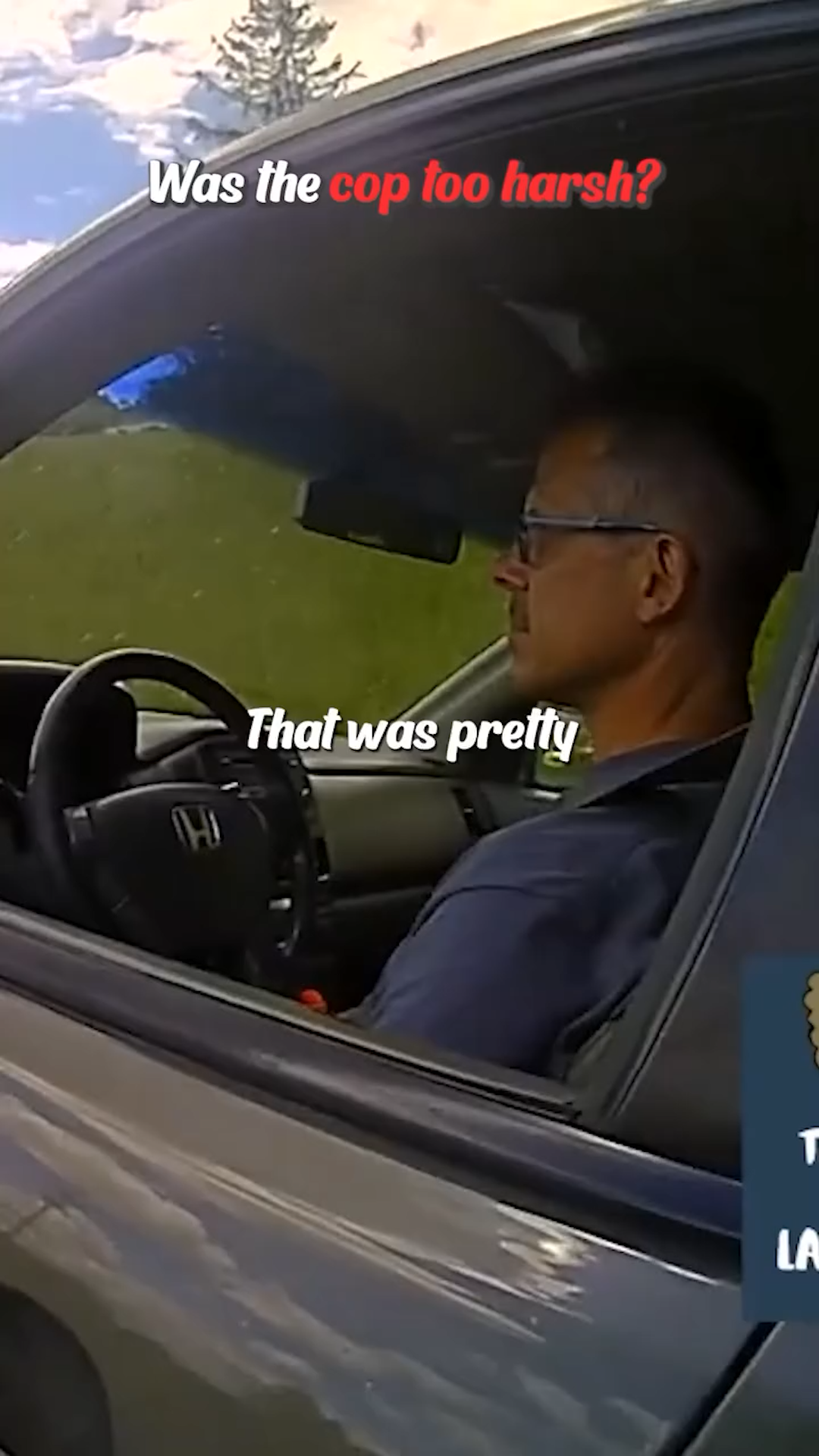
A seemingly ordinary traffic stop turned into an unexpected arrest in Florida after a driver flashed his headlights to alert oncoming vehicles about a nearby police radar checkpoint. In the officer’s body-camera footage, he can be seen approaching the car and immediately questioning the driver’s actions.
“That was pretty dumb, wasn’t it?” the officer remarks, insisting that the use of high beams during daylight or nighttime constitutes a traffic violation. The motorist appears puzzled, asking if it’s truly against the law to warn others about law enforcement activity.
Although many states don’t classify such warnings as illegal — and some courts have even ruled them protected under free speech — the officer claims he could easily justify multiple citations if he chose to.
He proceeds to inform the driver that two tickets have already been issued and warns that refusing to sign a registration document could result in up to six months of jail time. The situation grows more tense when the officer accuses the driver of laughing at him. The driver remains composed, saying he’ll accept the citations and reminding the officer that laughing isn’t a crime.
The officer, however, appears irritated. He instructs the man to step out of the vehicle, tells him he’s being detained, and orders him to put his hands behind his back.
The shocked motorist asks if the arrest is really for laughing. The officer denies it, but offers no clear explanation beyond the earlier minor offenses. The encounter has raised questions about the limits of police authority, potential misuse of discretion, and whether citizens are being unfairly penalized for actions that, in some jurisdictions, are completely lawful. The case underscores the ongoing national conversation about motorists warning one another of police activity — and where the boundary between legitimate enforcement and overreach truly lies.


